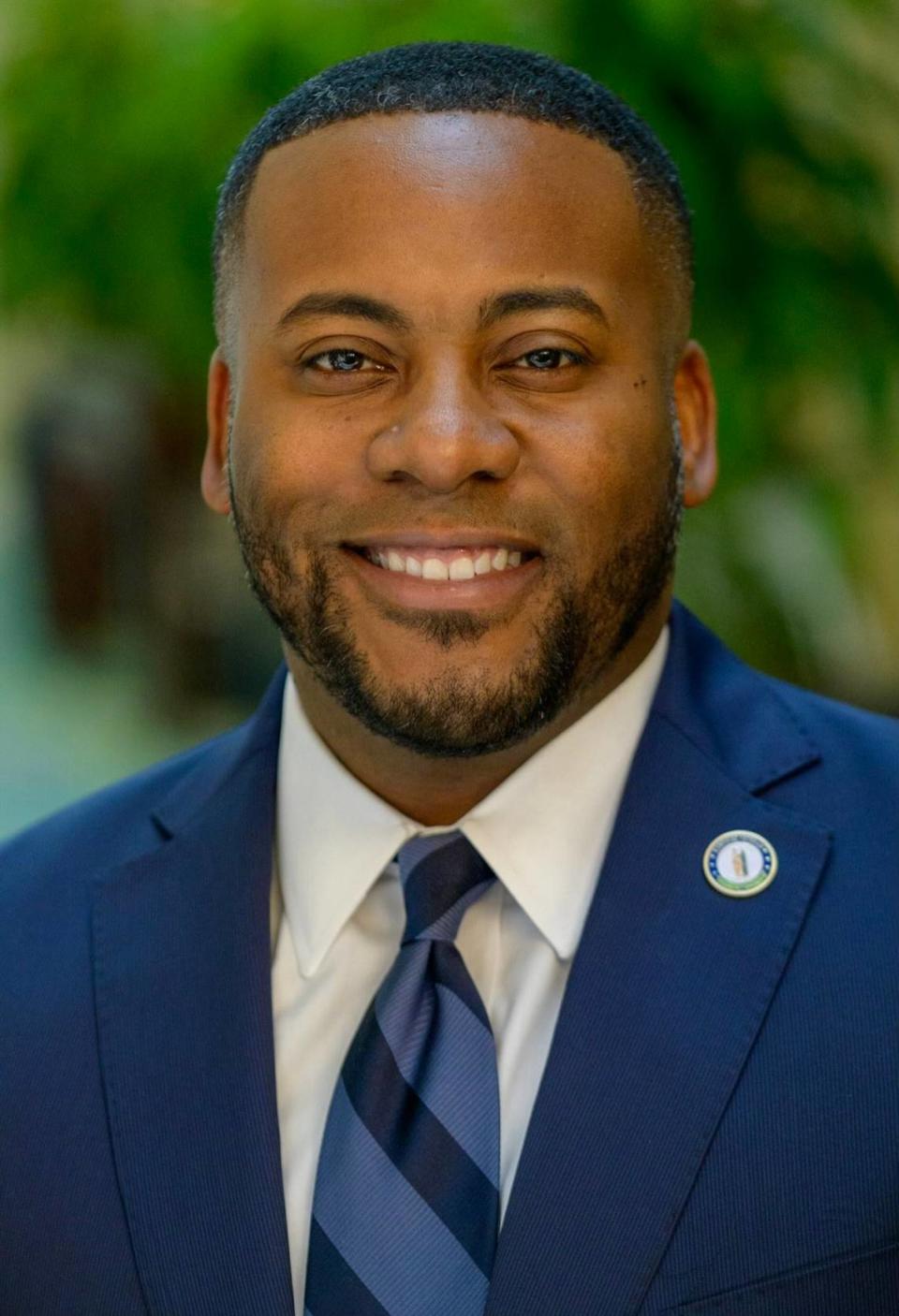Why is Lexington funding parks when it could be doing more for our most vulnerable? | Opinion
As United Auto Workers across Kentucky go on strike, begging corporate executives for the mere ability to provide for their families, nowhere is the aftermath of the COVID-19 pandemic clearer than right here in Kentucky, amongst the working poor and most marginalized people in our communities.
This economic turmoil certainly is not germane to Kentucky alone; however, the facts are that we remain one of the least educated states in the United States and data proves that the correlation between education and economics are inextricably intertwined.
Furthermore, those links also directly impact local crime statistics.
As of Oct. 12, 2023, the total number of youth at Lexington’s Fayette Regional Juvenile Detention Center was 48; four of whom are facing serious charges in Circuit Court.
Our community is hurting. Our city is in crisis. What will happen if good people continue to do nothing?
In December 2021, the U.S. Interagency Council on Homelessness pointed out that “The American Rescue Plan represents a once-in-a-generation opportunity to significantly reduce homelessness in some communities and end it in others. These historic resources should be prioritized for the most vulnerable people, including the rising unsheltered population living in tents and cars.”
When Lexington received $121 million in American Recuse Plan Act funding a couple years ago, it set aside $10 million for one portion of one park. The city is spending a total of $24 million in federal coronavirus relief money to update and expand its parks. It also allocated $7 million (granted for infrastructure SUPPORTING the park but not IN the park) to the Town Branch Park project that is now being touted as a “privately funded project.”
Prior to the pandemic, one in five children were already living in poverty at the cost of $500 billion annually, which of course is passed on to the taxpayer. The Herald-Leader, in 2019, covered the work of the Promise Neighborhoods Initiative (PNI) to combat these very issues in high poverty areas of downtown, south and north Lexington. The work was based on the question, “Does where students live matter?” -begun and championed by then Fayette County Public Schools Superintendent Manny Caulk “to bring government, business, civic and non-profit organizations together to find a multi-generational approach to support children and families living in Lexington’s most impoverished neighborhoods.”
The PNI has since, seemingly, been abandoned, despite it being a necessary sister program to the FCPS Promise Academies. So, I must ask myself, where are all the good people and why are we doing nothing? I don’t have time in 600 words to fully express the plethora of ways the current efforts aren’t even recognizing the root causes and foundational issues Lexington’s families are facing. What I am seeking to do is help my neighbors see how this is an all-important issue of justice.
The prophet Amos warned God’s people and those who sought to oppress the poor around the year 750 B.C. saying:
“Hear this, you that trample on the needy, and bring to ruin the poor of the land, saying, “When will the new moon be over so that we may sell grain; and the sabbath, so that we may offer wheat for sale? We will make the ephah small and the shekel great, and practice deceit with false balances, buying the poor for silver and the needy for a pair of sandals, and selling the sweepings of the wheat. The Lord has sworn by the pride of Jacob: Surely, I will never forget any of their deeds.”
We the people, as a community, must care for the poor, the oppressed and the marginalized.
Lexington still has good people. We must do something.

Adrian Wallace is president and CEO of the Bishop and Chase Foundation, a community development corporation based in Lexington.

